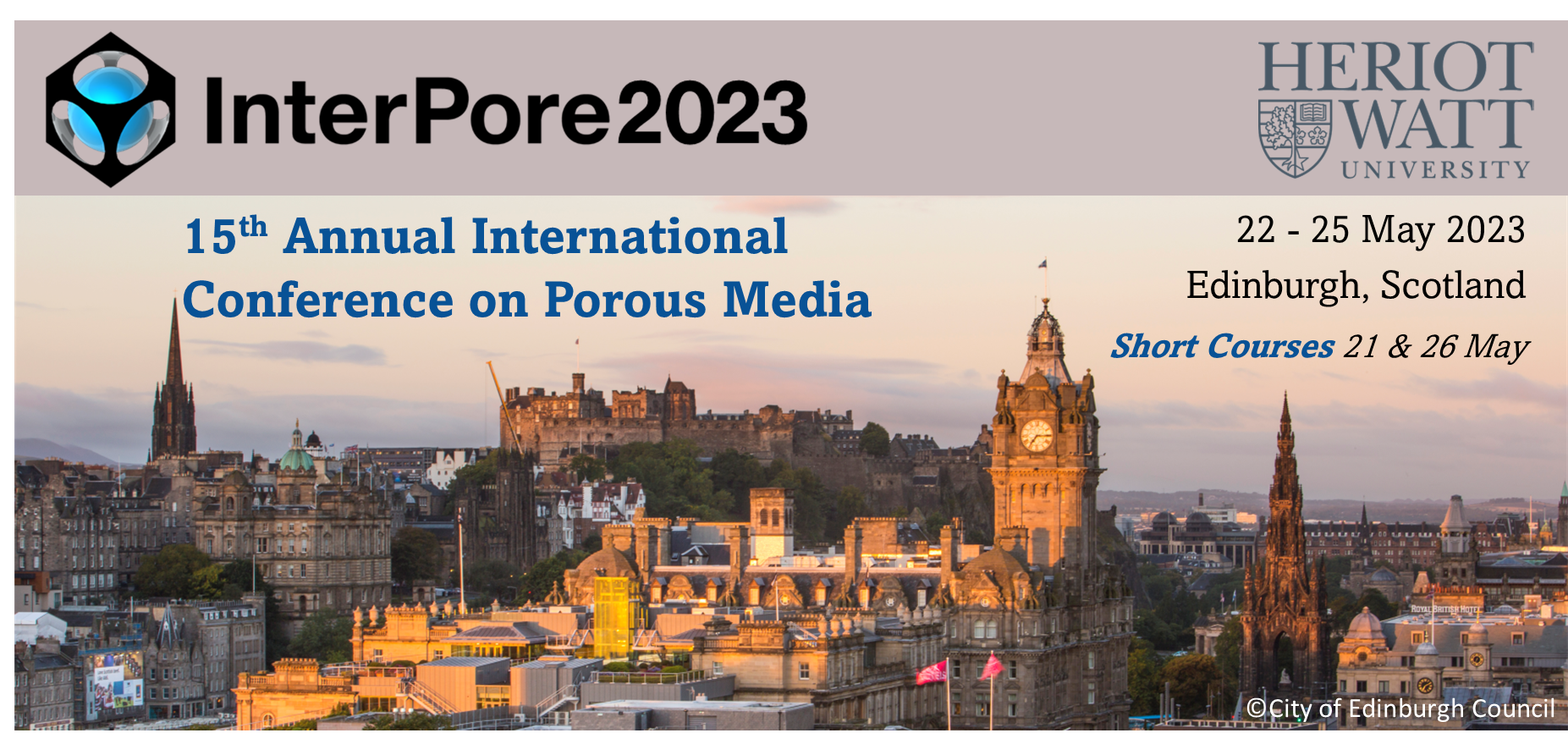Speaker
Description
Microbially induced carbonate precipitation (MICP) is a promising biogrouting method for ground improvement and leakage remediation. Most studies to date have focused on MICP treatment of uniform clean sands, with few studies having been conducted at large-scale on well-graded soils more representative of in situ deposits. This study presents a laboratory meter-scale MICP test on medium-graded very gravelly sands consisting of 3.9% fines (< 63 µm) from field. The MICP treatment was conducted in a radial flow cell (diameter: ~1m; thickness: ~0.15 m) with an injection well located at the center and a constant hydraulic head at the outer boundary to replicate field conditions. Aqueous chemistry of the effluent samples at the middle of the central injection well and the outer boundary was continuously monitored, and transport of tracer and bacteria breakthrough in the radial flow cell and in separate 1-dimensional columns was modeled and simulated for a better understanding of the MICP process. The MICP-treated soil was subjected to a series of hydro-mechanical tests and microstructural analysis. Transport modeling and effluent sampling monitoring of the electrical conductivity and pH show that there was an overall good delivery and reaction of the bacteria and chemicals in the radial flow cell, but there also existed preferential flow paths due to soil heterogeneity and fines migration, which caused significant variations in permeability. Interestingly, compared to previous studies, the biocemented core samples with well-graded angular particles in this study had higher strengths (2.6-7.4 MPa) for a given calcite content (9.2-15.1%) than those in comparable studies treating uniform soils. This is likely due to a higher density of particle contacts as a result of both increased particle angularity (as suggested by backscattered electron imaging and X-ray imaging analyses) and higher packing efficiency in the medium-graded very gravelly sand. Consolidated-drained triaxial compression tests on two samples near the injection well showed a peak deviatoric strength of ~5 MPa under an effective confining stress of 500 kPa and a clear shear band was observed upon failure. To summarize, we have successfully achieved an overall good bio-cementation in the radial flow cell, despite the great soil heterogeneity. The study also suggests that migration of fines and the subsequent formation of preferential flow paths may be a challenge for producing uniform biocementation in field applications of MICP.
| Participation | In-Person |
|---|---|
| Country | United Kingdom |
| MDPI Energies Student Poster Award | No, do not submit my presenation for the student posters award. |
| Acceptance of the Terms & Conditions | Click here to agree |







